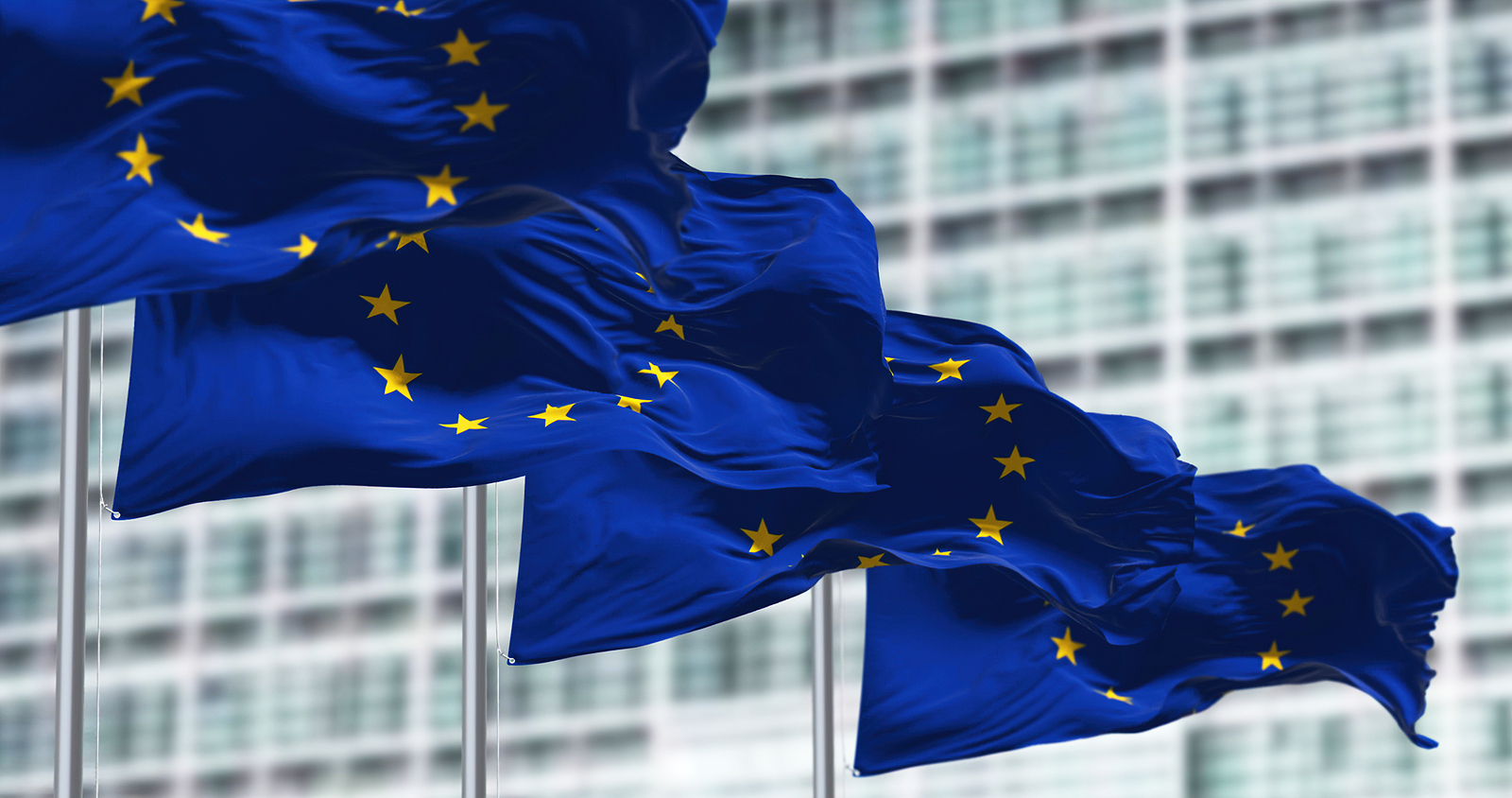
European Parliament describes surrogacy as a form of human trafficking
The European Parliament has described “the exploitation of surrogacy” as a form of human trafficking in a legislative resolution on April 23 in its Human Trafficking Directive.
Campaigners against surrogacy were jubilant at the news.
However, scrutiny of the resolution shows that it is relatively toothless. Surrogacy will amount to human trafficking only if women are deceived or coerced into being a surrogate mother; if the woman was defenceless and vulnerable; or if consent was obtained through fraud.
The directive does not ban commercial surrogacy and does not equate surrogacy with human trafficking. Nor does it overrule national legislation on surrogacy.
Nonetheless, the directive does cast a shadow over surrogacy, as it constitutes a declaration that unacceptable forms of surrogacy do exist. Until now, surrogacy was not included as a form of human trafficking.
The debate has also highlighted the fact that the interests of the child are being ignored in surrogacy. An recent op-ed in Trouw, a leading Dutch newspaper, pointed out that
“… the child to be conceived becomes, instead of a person with its own identity (to be protected by the state), an object that can be handed over to prospective parents … In adoption, for example, it took decades before it was realized that the child occupies the primary place and that the position of the adoptive parents should be derived from this. When will the insight emerge that the wishes of prospective parents should not be decisive in reproduction?”
